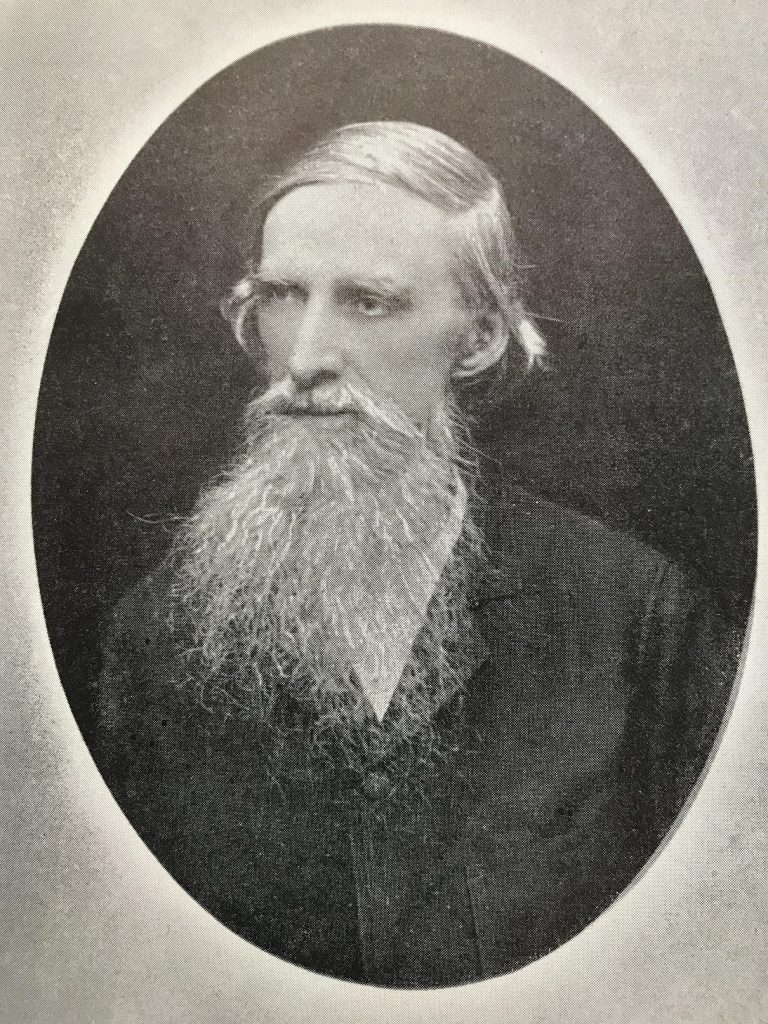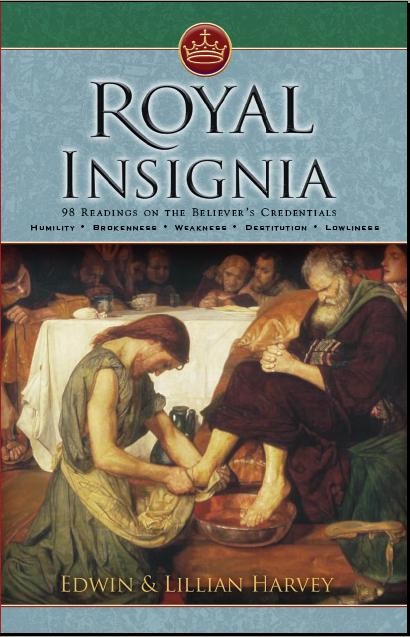Not many days go by before I am reminded once more of the Christian poetess, Frances Ridley Havergal. It may be while singing one of her inspiring hymns on a Sunday morning at Church; it may while reading a daily devotional and I am inspired by one of her poems; or it may be while searching through our bookshelf for a Christian biography to read between other tasks. But how many of us realize that this exceptional Christian author was tempted just as we are: sometimes lonely, often suffering from discouragement, fighting illness, and now and then, deeply frustrated. Frances was not hesitant in sharing these experiences with her readers as she does in the following excerpt from one of her many letters:
“I have just had such a blessing in the shape of what would have been only two months ago a really bitter blow to me. And now it is actual accession of joy, because I find that it does not even touch me!
“I was expecting a letter from America, enclosing $70.00 now due to me, and possibly news that ‘Bruey’ was going on like steam and my other book pressingly wanted. The letter has come, and, instead of all this, my publisher has failed in the universal crash. He holds my written promise to publish only with him as the condition of his launching me. So this is not simply a little loss, but an end of all my American prospects of either cash, influence, or fame, at any rate for a long time to come.
“Two months ago, this would have been a real trial to me, for I had built a good deal on my American prospects; now ‘Thy will be done’ is not a sigh but a song!”
The next year another more serious set-back came just when she was full of spiritual vitality and planning a heavy schedule of writing. Her sister, Marie, gives the details of the fire which destroyed her manuscripts:
“Very patiently had she prepared for press many sheets of manuscript music in connection with the Appendix to Songs of Grace and Glory. Well do I remember that day it was completed. We were at home, and she came down from her study with a large roll of post, and with holiday glee exclaimed, ‘There it is all done! And now I am free to write a book.’
“Only a week passed, when the mail brought her the news: ‘Messrs. Henderson’s premises were burned down this morning about four o’clock. We fear the whole of the stereotypes of your musical edition are destroyed as they were busy printing it. It will be many days before the debris will be sufficiently cooled to ascertain how the stereotype plates stand.’
“Further news confirmed the loss: ‘Your musical edition, together with the paper sent for printing it, has been totally destroyed.’ On the same sheet Frances wrote to her sisters in Worcestershire: ‘The signification hereof to me is that, instead of having finished my whole work, I have to begin again de novo, and I shall probably have at least six months of it. The greater part of the manuscript of my Appendix is simply gone, for I had kept no copy whatever, and have not even a list of the tunes. Every chord of my own will have to be reproduced; every chord of anyone else re-examined and revised. All through my previous Songs of Grace and Glory work, and my own books, I had always taken the trouble to copy off every correction on to a duplicate proof, but finding I never gained any practical benefit, I did not as I considered it waste time in this case.
“‘Of most of the new work, which has cost me the winter’s labor, I have not even a memorandum left, having sent everything to the printers. However, it is so clearly “Himself hath done it,” that I can only say “Thy way not mine, O Lord.”
“‘I only tell you how the case stands, not as complaining of it, only because I want you to ask that I may do what seems drudgery quite patiently, and that I may have health enough for it, and that He may overrule it for good. It may be that He has more to teach me before He sets me free to write the two books which I hoped to have begun directly. Thus I am cut off from the bright stream of successful writing and stopped in all my own plans for this spring. . . . If I did not rejoice in letting Him to do what He will with me, when He thus sends me such very marked and individual dealing, I should feel that my desire for sanctification, for His will to be done in me, had been merely nominal, or fancied and not real.’”—Call Back Vol. 1, pages 229, 230.


